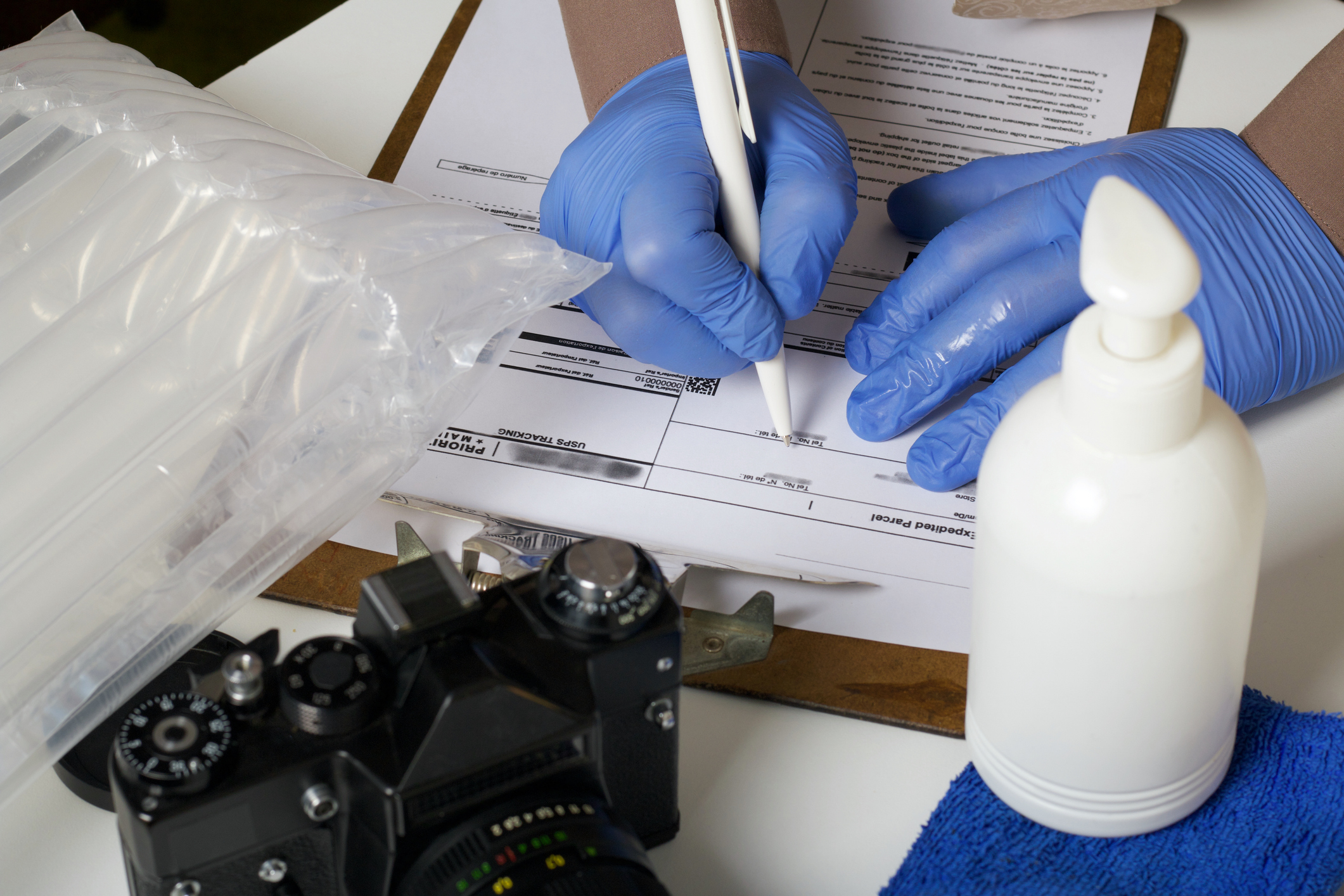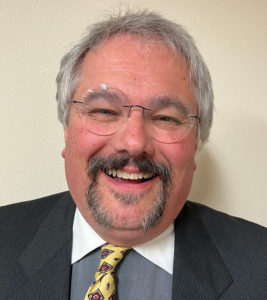
By QUINTON SMITH/YachatsNews
Lincoln County has found a new medical examiner and is changing the model it uses to document or investigate unattended or suspicious deaths.
The change comes after Dr. Marilyn Fraser of Lincoln City, gave up the medical examiner duties last November after holding the county contract for 20 years.
The new medical examiner is Dr. Peter Kenyon of Corvallis, a retired oncologist who also serves as the medical examiner for Linn County. County commissioners approved his $2,300-a-month contract in early March.
But under the county’s new model, most death investigations would fall to a full-time chief “medicolegal” investigator who would be a county employee and report to the Health and Human Services department. The county is advertising for that position, which would pay $69,000 to $93,000 a year. It is also seeking a part-time medicolegal investigator who would fill in when the chief investigator is not available.
As medical examiner, Kenyon would oversee their work.
The former medical examiner previously was outside any department, but worked with the district attorney and sheriff’s offices, who also had investigators on their staff who could also respond to unattended or suspicious deaths.
Orrin Wallace, a detective in the district attorney’s office, has been serving as the county’s deputy medical examiner since Fraser’s retirement because Oregon law says the duties go to the district attorney’s office if there is no physician serving as the official medical examiner.

Lincoln County administrator Tim Johnson said district attorney Lanee Danforth is supportive of the new model and the change. “She’s been a trooper,” he said.
The medical examiner or investigator oversees investigations of deaths due to injuries, those occurring under suspicious circumstances, and the deaths of people not under the care of a physician. In Lincoln County, those number about 10 a month.
Now those duties will fall to a small group within health and human services, while working closely with law enforcement agencies in the county and the district attorney’s office.
The county was unsuccessful in finding a local replacement for Fraser, Johnson said, because local doctors “were not interested in that kind of work.”
The state medical examiner put Johnson in touch with Kenyon while he also began exploring how other small, rural counties do the work – and found this model used in Clatsop and Linn counties.
“This seems to have worked very well in the counties who have adopted this model,” Johnson told YachatsNews.
There also has been a good response to the county’s advertising for the investigator, Johnson said.
“There’s quite a bit of interest,” he said. “There’s a real sense of community in this profession.
In addition to death investigations and working with law enforcement agencies, the job description said the person would also need to provide expert witness testimony and legal documentation for court trials, participate in ongoing local and state training, and help with specialized teams dealing with violent crimes.
Once the chief investigator is hired, he or she will respond to most deaths, do all the necessary investigation and paperwork and pass it along to Kenyon for his approval. Autopsies, when called for, are conducted by the state medical examiner’s office in Clackamas.
“Professionally, this is the model that has proven successful in rural Oregon,” Johnson said, because it usually results in less overtime, less investigator burnout and because of the lack of doctors in rural communities.


